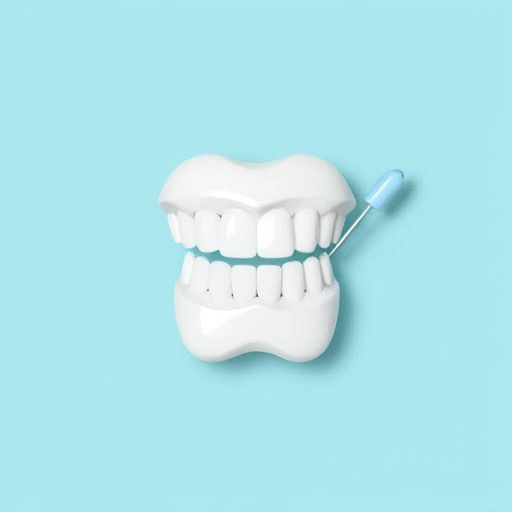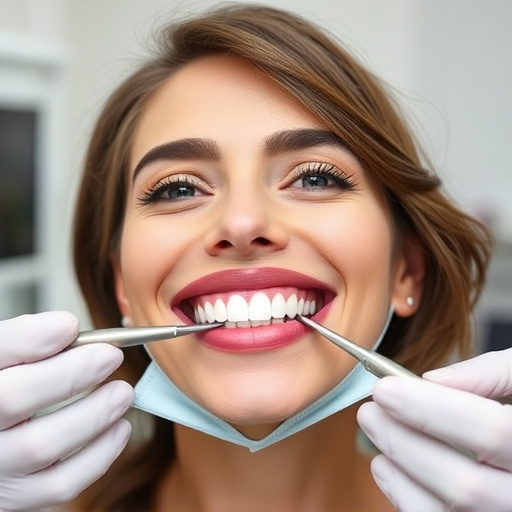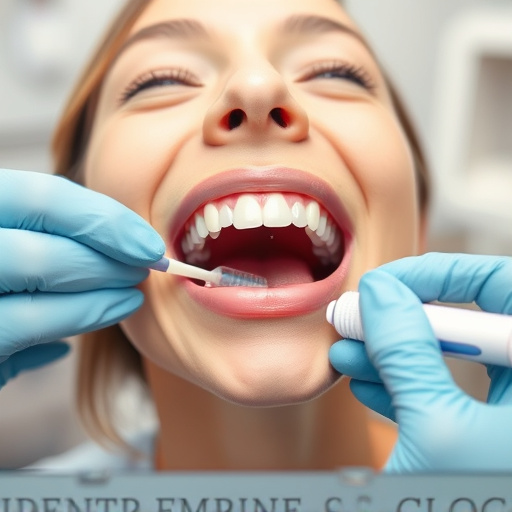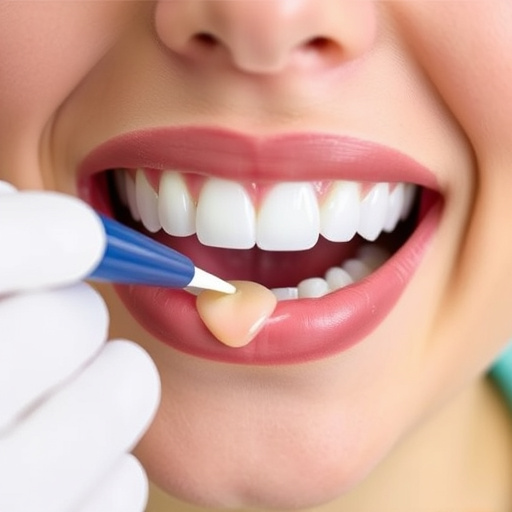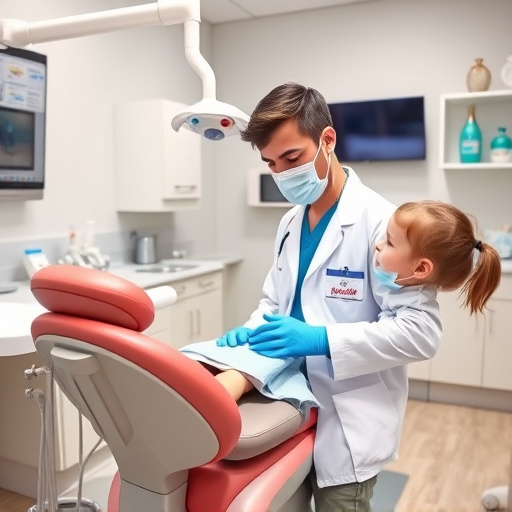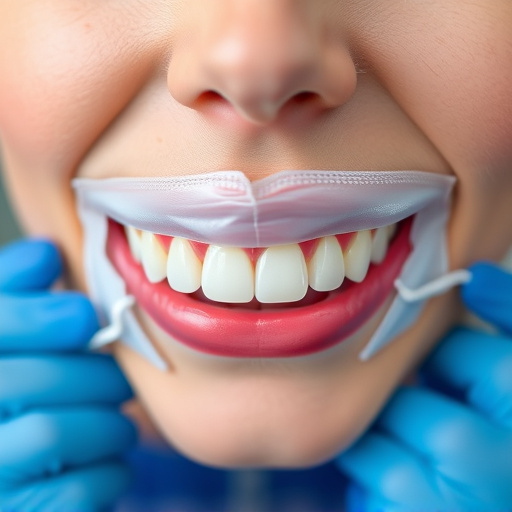The holistic dental approach links oral health with overall well-being, focusing on root causes via dietary choices, nutrition, and lifestyle. By integrating nutritional counseling, gentle treatments, and promoting balanced living, it aims to improve both oral and systemic health, reducing the need for invasive procedures. This method recognizes nutrition as a key component of treatment plans, empowering patients with knowledge to prevent future dental issues and enhance outcomes in procedures like implants or cosmetic dentistry. However, implementing this approach requires specialized knowledge, time management, and overcoming patient resistance for comprehensive care.
In today’s holistic health landscape, a holistic dental approach is gaining prominence. This article delves into the philosophy behind holistic dental care, exploring how nutritional counseling is increasingly integrated into dental practices. We examine the benefits and challenges of this synergistic combination, highlighting its potential to transform oral health through a comprehensive, mind-body connection. By understanding these practices, folks can make informed decisions about their overall well-being.
- Understanding Holistic Dental Care Philosophy
- Integrating Nutrition into Dental Practice
- Benefits and Challenges of Nutritional Counseling in Dentistry
Understanding Holistic Dental Care Philosophy
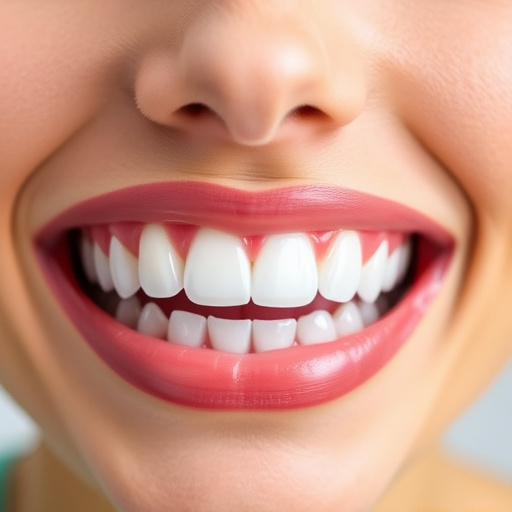
The holistic dental approach is a philosophy that emphasizes the interconnectedness between oral health and overall well-being. It goes beyond traditional dental care by considering the impact of dietary choices, nutrition, and lifestyle on teeth and gums. Instead of just treating symptoms, holistic dentists aim to address the root causes of dental issues. This approach believes that optimal oral health is a reflection of a person’s general health and vitality. By promoting natural healing and prevention, it seeks to reduce the need for invasive procedures like tooth extractions and the placement of dental crowns.
This holistic perspective includes nutritional counseling, where dentists educate patients on diet’s role in dental hygiene. Regular dental cleanings are still crucial, but they’re part of a broader strategy that focuses on maintaining balance in the body. By integrating dietary changes with gentle, non-invasive treatments, holistic dentistry strives to create a lasting positive impact on both oral and systemic health.
Integrating Nutrition into Dental Practice

In the realm of holistic dental care, nutrition plays a pivotal role and is often at the forefront of a comprehensive treatment plan. Integrating nutritional counseling into dental practices has become an essential aspect of the holistic dental approach, recognizing that oral health and overall well-being are intrinsically linked. This shift towards a more holistic model of care acknowledges that what we consume and our general dietary habits can significantly impact not just our gums and teeth but also our overall health.
By combining dental treatments with nutritional guidance, professionals are able to address the root causes of various oral health issues. For instance, managing conditions like tooth decay or gum disease may involve more than just filling cavities or scaling; it could mean educating patients about diet changes to prevent future problems. Even procedures such as dental implants or wisdom tooth removal can be enhanced by pre- and post-operative nutritional support, ensuring faster healing and better outcomes. This holistic perspective even extends to cosmetic dentistry, where nutrition can contribute to maintaining the health and aesthetic appeal of a patient’s smile over the long term.
Benefits and Challenges of Nutritional Counseling in Dentistry
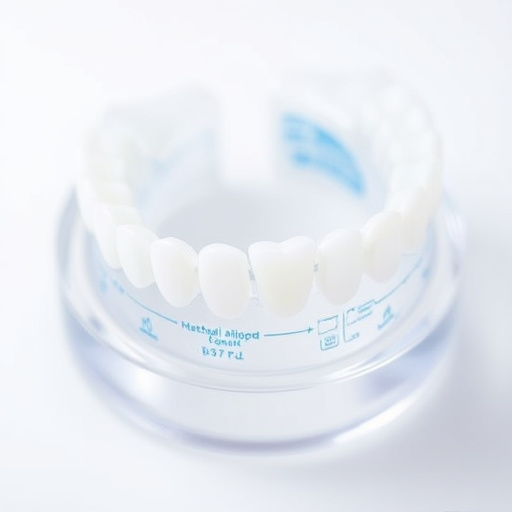
Incorporating nutritional counseling into a holistic dental approach offers numerous benefits for patients. It helps to address the root causes of oral health issues, going beyond the surface treatments often associated with traditional dentistry. By providing guidance on diet and lifestyle choices, dentists can empower patients to make informed decisions that positively impact their overall well-being. For instance, understanding how certain foods contribute to tooth decay or gum disease allows individuals to make necessary adjustments to prevent future dental problems like wisdom tooth removal or the need for dental fillings.
However, implementing nutritional counseling in dentistry also presents challenges. Dentists must acquire specialized knowledge and skills to offer accurate advice on nutrition. They need to stay updated with the latest research to provide evidence-based recommendations. Additionally, integrating this aspect into routine oral exams requires efficient time management and sometimes faces resistance from patients who may not view dental care as intrinsically linked to their diet and overall health. Overcoming these challenges is crucial for dentists aiming to offer a comprehensive holistic dental approach that considers nutrition as an integral part of patient care.
Incorporating nutritional counseling into a holistic dental approach offers a comprehensive strategy for oral health. By addressing dietary habits and their impact on dental well-being, dentists can provide personalized care that goes beyond traditional treatments. This integrated method not only enhances overall health but also fosters long-term behavioral changes, ensuring patients achieve optimal dental wellness.








